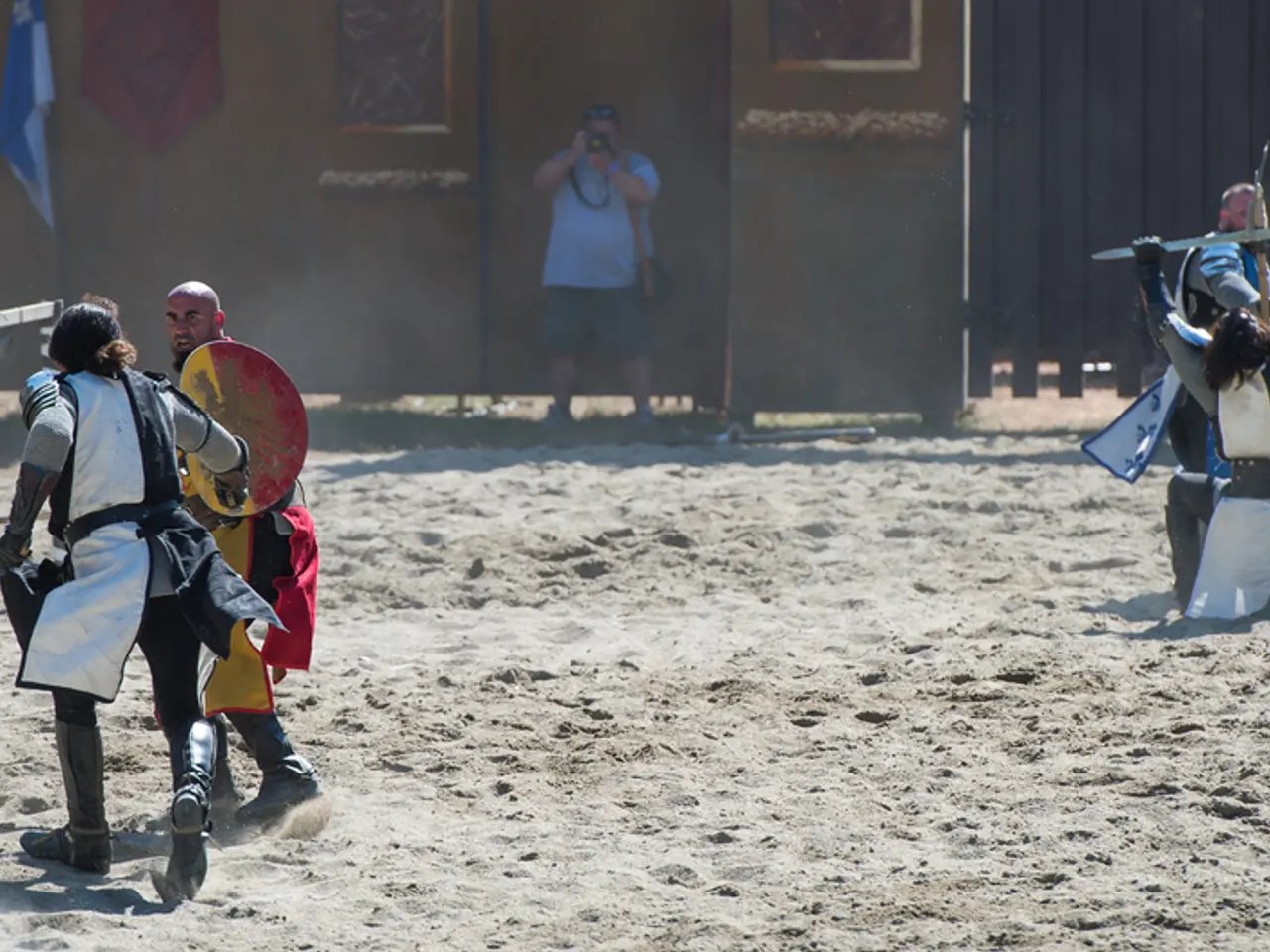Argentine Revolutionary and Global Icon: An Exploration of Ernesto "Che" Guevara's Life and Impact
In the mid-20th century, Ernesto "Che" Guevara emerged as a significant figure in the global struggle against imperialism, particularly in Latin America. His journey began in Guatemala, where he witnessed the U.S.-backed coup against President Jacobo Árbenz in 1954.
Guevara, then a medical student, had been supporting social reform efforts in Guatemala. The coup, orchestrated by the Central Intelligence Agency (CIA) and aligned with the interests of the United Fruit Company, deeply radicalized Guevara, solidifying his anti-imperialist and revolutionary convictions.
Contrary to misconceptions, there is no credible evidence that Guevara was involved in an armed insurrection funded by the United Fruit Company or the U.S. government. Instead, these entities were instrumental in the coup's execution against the Árbenz government, which Guevara opposed.
Following his departure from Guatemala, Guevara joined Fidel Castro’s revolutionary movement in Cuba, further affirming his commitment to anti-imperialist armed struggle against U.S.-supported regimes in Latin America.
In Cuba, Guevara played a key role in the revolution, helping to nationalize factories, banks, and businesses. He also oversaw the redistribution of large farms and foreign-owned sugar plantations to the poor. However, his tenure at La Cabaña Fortress, a prison in Havana Harbor, was marred by reports of hundreds of political prisoners being killed in the months following the 26th of July Movement's victory, with Guevara overseeing between 55 and 105 of these executions.
Guevara's anti-imperialist stance extended beyond Cuba. He was a vocal critic of the Soviet Union, calling their New Economic Policy "the great Trojan Horse of Socialism." He also advocated for Marxist revolution in Africa and Asia, giving a speech in Algeria in February 1965, calling on the people to join the struggle.
Despite his success in Cuba, Guevara's sights were no longer just set on the island nation. He saw himself as a man destined to tear down imperialism and bring about Marxist revolution in every part of the globe. This ambition led him to Bolivia, where he raised a guerrilla army to fight against President René Barrientos. However, the Bolivian Army ambushed and eliminated two of Guevara's guerrilla groups, leading to his capture and execution in October 1967.
Throughout his life, Che Guevara remained a symbol of revolutionary fervour and anti-imperialist ideology, inspiring generations of activists and revolutionaries around the world.
- Guevara's radicalization against imperialism was solidified in Guatemala when he witnessed the U.S.-backed coup against President Árbenz, which he opposed.
- In Cuba, Guevara's commitment to anti-imperialist armed struggle was further affirmed as he helped nationalize industries and redistributed lands, but his tenure at La Cabaña Fortress was marred by reports of executions of political prisoners.
- Beyond Cuba, Guevara extended his anti-imperialist stance, criticizing the Soviet Union and advocating for Marxist revolution in Africa and Asia, giving a speech in Algeria in 1965, calling on the people to join the struggle.




